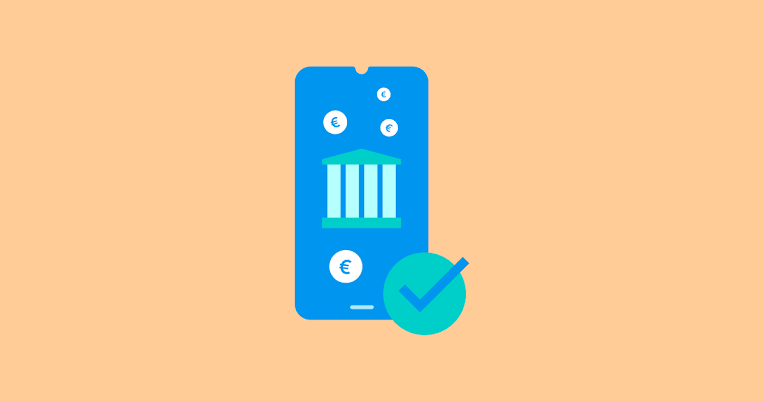The world of gambling has grown exponentially over the years as it has become a significant part of the UK and Romanian economies. Both countries have distinct regulations that reflect their legal frameworks, cultural values, and economic goals.
Understanding these regulations is essential for operators and players to ensure that they comply with the law and can enjoy the experience responsibly. In this article, we will take a look at the differences and similarities between UK and Romanian regulations and highlight the key features that shape these two markets.
The UK Regulatory Framework
The UK’s Gambling Act 2005 introduced several important principles, such as promoting fair play, protecting children and vulnerable people from harm, and preventing gambling-related crime. In the UK, all operators must obtain a license from the UK Gambling Commission to legally operate. This includes land-based and online operators. They must also ensure that they have robust measures to promote responsible gaming, such as setting limits on deposits and offering self-exclusion programs.
For online activities, the regulation is relatively strict. Online casinos and betting websites must display their license number on their site, and they are required to adhere to the same rules as brick-and-mortar establishments. Additionally, players in the UK must be at least 18 years old to participate in any form of gaming. For more information on licensed online casinos in the UK, websites like cazinouri.co.uk offer detailed insights on available platforms and their licensing status.
Romanian Regulations
Romania has its own set of regulations, which were significantly updated in 2015 with the passage of the new law. This law established the National Gambling Office (ONJN), which is responsible for overseeing all forms of gambling in the country, including online and land-based operations. The industry in Romania, while not as developed as the UK’s, has seen rapid growth in recent years.
In Romania, gambling activities are also regulated by the government to ensure that they operate transparently and fairly. The ONJN is tasked with granting licenses to domestic and international operators who wish to offer services within the country.
Online gambling, which has gained popularity in Romania, is subject to strict regulations. Operators must ensure that they comply with requirements such as age verification, responsible gaming measures, and fair practices.
Romanian regulations also require that all online operators pay taxes on their revenue. This has been an essential aspect of regulating the industry, as it ensures that the government can benefit from the economic contributions made by gaming activities. The country has also adopted measures to protect players from gambling addiction by mandating the implementation of responsible gaming tools like self-exclusion and deposit limits.
Key Differences Between UK and Romanian Regulations
Regulatory Bodies Structure
The UK Gambling Commission is known for its stringent regulations and thorough licensing process. It has built a strong reputation for ensuring that operators meet high standards of fairness and security.
Romania’s National Gambling Office, while still effective, is relatively new compared to the UK’s long-established framework. This results in some differences in the maturity of the regulations and enforcement mechanisms between the two countries.
Taxation Model
In the UK, operators are required to pay a point-of-consumption tax, which means that the tax is levied on the operator’s revenues generated from UK players, regardless of where the operator is based. This ensures that online gambling operators who target UK players contribute to the country’s economy. In Romania, online operators are taxed based on their revenue generated from Romanian players, which creates a different model for taxation.
Similarities Between UK and Romanian Regulations
Responsible Gaming Measures
The UK and Romania have laws in place that require operators to implement responsible gambling measures, such as self-exclusion and deposit limits. This shows a shared commitment to ensuring that players have access to tools that can help them manage their behavior.
Minimum Legal Age
Both countries have a legal minimum age for gambling — 18. This age restriction is designed to protect young people from being exposed to gambling too early in life and to ensure that all players can legally engage in activities.
Conclusion
Both the UK and Romania have well-structured gambling regulations in place to ensure a safe and fair environment for players. For players and operators in these markets, it is essential to stay informed about the latest regulations to ensure compliance and promote responsible gambling practices.





